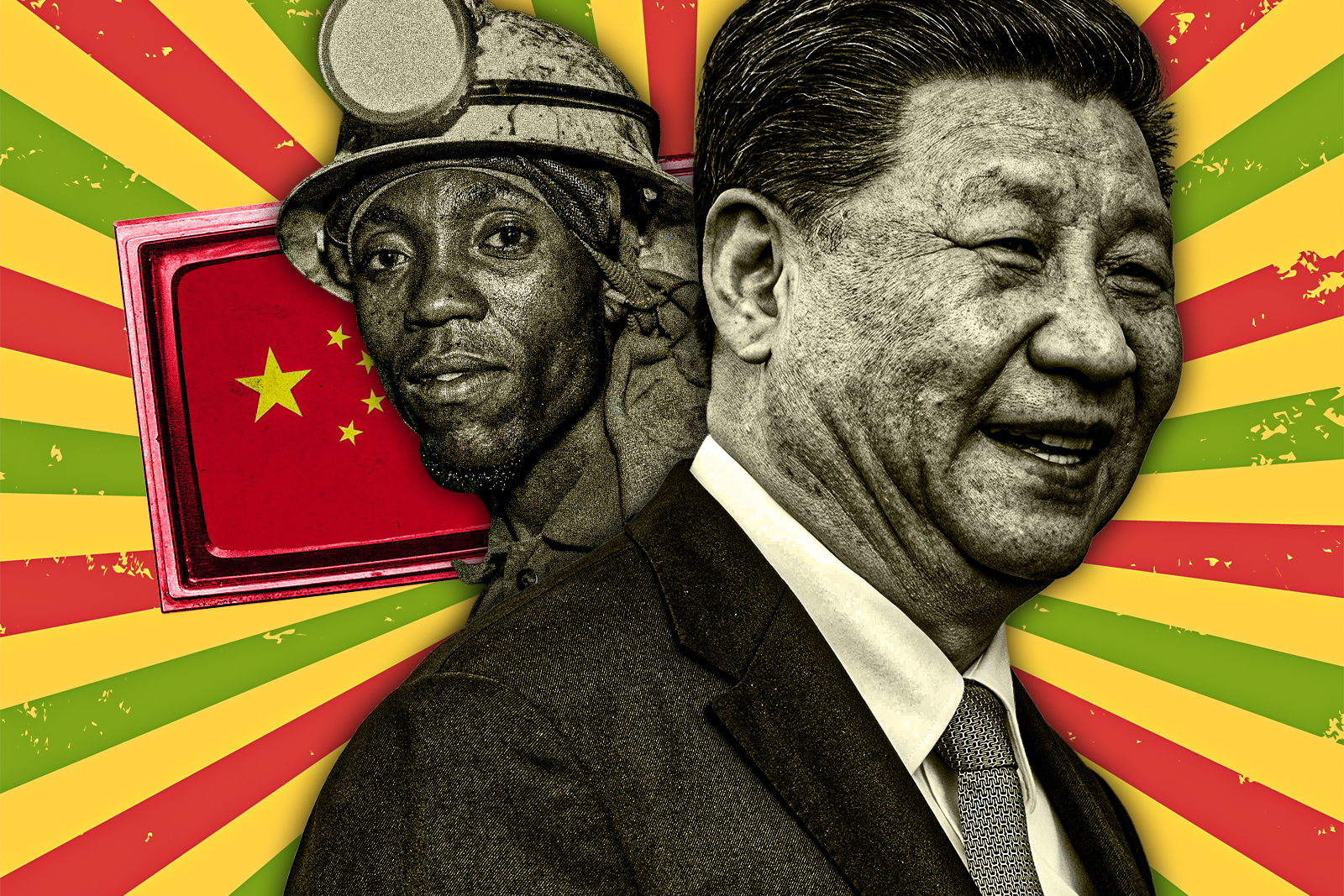
The United States Needs to Blunt China’s Messaging in Africa
The Chinese Communist Party (CCP) is manipulating African media markets, and the United States needs to respond.
According to a recent report from Freedom House, the CCP has been spending billions of dollars on a campaign to distort public opinion across dozens of countries worldwide. The report documented how this funding has been used to influence the way China is portrayed by overseas media outlets. To accomplish its goals, the CCP has been spreading false information on social media, harassing and intimidating outlets that are critical of Beijing, and even setting up CCP-linked media outlets in various countries to promote narratives that paint China’s ruling party in a favorable light.
The CCP hopes that this media campaign can bolster what has been a difficult few years for the public image of China’s ruling party. Their perception has been marred by the Hong Kong democracy protests, the extensive coverage of Beijing’s treatment of Uyghur Muslims, and the international criticism surrounding China’s role during the pandemic.
With this in mind, this media campaign is just the latest tool that China is using to improve its position on the global stage. The primary instrument that the CCP has used to increase its influence in developing countries is its Belt and Road Initiative (BRI). The BRI began in 2013 and has successfully allowed the CCP to build relationships with many African leaders who are seeking funding for infrastructure and energy projects. The BRI is an attempt to tie developing countries economically with China and now, this media campaign is an attempt to indoctrinate the populations of those countries to support China and the authoritarian regime that is currently ruling it.
All hope is not lost though. The Freedom House report states that many countries have been able to identify Chinese propaganda and mitigate its influence. In 23 of the 30 countries studied in the report, public opinion on the Chinese government has fallen, indicating that China has been largely unsuccessful in convincing large swathes of various populations to support its agenda. However, the report also noted that there are a number of countries that lack the capability to successfully counter the CCP’s media campaign, and unfortunately many African nations are currently in this latter group.
If America wants to keep China from becoming increasingly aggressive on the global stage, it must respond by urging African states to push back against Chinese authoritarianism. The more influence China gains globally, the more support it receives for its foreign policy objectives. China’s economic engagement with African countries has created generally favorable views of Beijing. China has successfully quelled Taiwan’s influence in Africa (the only country in sub-Saharan Africa that still has formal diplomatic relations with Taiwan is Eswatini), and China may soon open a second military base on the continent in Equatorial Guinea. This CCP media campaign, if successful, will give China more capabilities overseas.
Thankfully, America can respond in a number of ways.
First and foremost, America must encourage African governments to force any foreign state-owned media outlet operating within their borders to adhere to strict transparency requirements. Conversely, this should also apply to Western outlets. With this structure in place, African leaders can see where media outlets are spending their money, what CCP officials are running these outlets, and whether or not they need to take action against particular entities that are spreading Chinese propaganda.
Second, U.S. diplomats that work in Africa need to approach African political leaders and urge them to create oversight committees that monitor the quality of the reporting produced by Chinese-owned media outlets in their countries. Creating these committees would drastically increase the scrutiny these media outlets are under, making it more difficult to spread false information.
Finally, American diplomats need to work with African elected officials to identify key strategic partners that engage in investigative journalism on the ground in order to expose China’s illicit practices. Successfully finding partners who speak local languages and are aware of China’s attempts at distorting media coverage would be a huge help in the effort to shine a bright light and expose the intimidation attempts and falsified information that China wants to promote.
Importantly though, America must become better invested in Africa. This would include helping the continent through loans and financial support. Africans have to see that America is committed to the continent’s development. “Washington has long contended that Africa is important to U.S. national security. But when it comes time for Washington to put its money where its mouth is, America often comes up short,” argues Komlan Avoulete. “U.S. financial and technical aid focusing on infrastructure, democracy promotion, energy, health, education, and agriculture are crucial for the continent, and rather than focusing on the potential for Chinese loans leading African countries into debt traps, a focus on alleviating the burden of IMF loans would reinforce the stated commitment to partnership with Africa.”
America is in an ideological battle with China, and the CCP’s misinformation is gaining ground overseas. America can encourage African nations to take reasonable action that preserves their national sovereignty, a position that all pro-democracy advocates can rally around.

